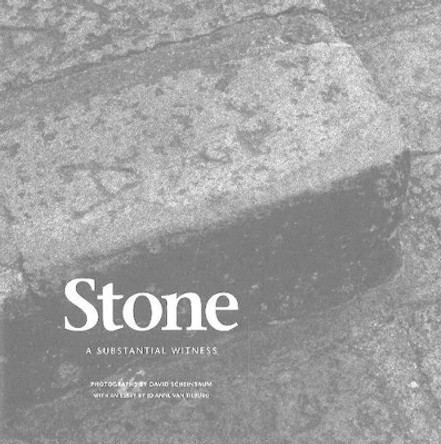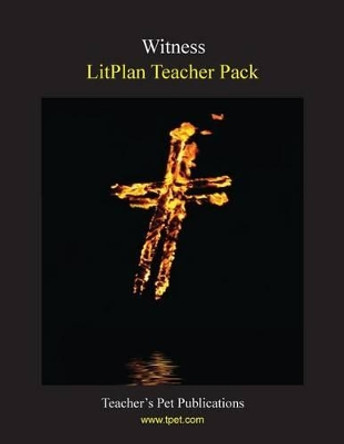Description
This collection explores the fragile territory between remembering and forgetting, both as an individual experience and in the life of a society. If in the end all is subject to "time's slow bleed", these poems enact the capacity of the imagination "to pass through ancient walls" and to reorder failures long gone in time into more hopeful connections. Poems recreate those childhood moments when physical presences, such as the "great house" at Drax Hall provoke the "beginning of poetry", the searching for what is "hidden in the dark", and thence to a grasp of the history that society would rather forget. For while forgetting is human, the collection also explores how amnesia can be cultivated in society as a means of hiding the sources of contemporary privilege and economic power. Poems such as "Canvas" (about the images from English and American magazines that patch up the hangings in an old woman's "tumbledown dwelling") not only picture children "tiptoe at the rim of the world" but, without needing to say it, show those children as far more familiar with Garbo's "bright blue eyes/ and shiny red lipstick" than with the history and meaning of Drax Hall. If there are echoes of Walcott's poem where "all in compassion ends", Phillips is no less compassionate, but much readier to see "History's wound still bleeding / to its last drop" - a wound extending down to a powerful poem in memory of George Floyd. If the collection calls out "Speak, stones, bear witness!", poems also pay tribute to those who in the rural village memorialised the lives of the unconsidered poor, who, like the village historian, Miss Lewis, speaks across the years into contemporary urban life "to remind me who I am". Esther Phillips' poems are always lucid and musical; they gain a rewarding complexity from being part of the collection's careful architecture that offers a richly nuanced inner dialogue about the meaning of experience in time. Not least powerful in this conversation are the sequence of poems about Barbadian childhoods, poems of grace, humour and insight. When Barbados chose Esther Phillips as its first poet laureate it knew what it was doing: electing a poet who could speak truth, who could challenge and console her nation - and all of us.
A new collection from the Barbados Poet Laureate
About the Author
Esther Phillips gained an MFA degree in Creative Writing in 1999 from the University of Miami, and won the Alfred Boas Poetry Prize of the Academy of American Poets for her poetry collection/thesis. She went on to win the Frank Collymore Literary Endowment Award as well as the Governor General's Award for Literary Excellence. Her published works include Chapbook, La Monte (UWI), When Ground Doves Fly (Ian Randle Publishers) The Stone Gatherer, Leaving Atlantis and Witness in Stone (Peepal Tree Press.) Her poetry is published in several anthologies, regionally and internationally and her work has been recorded by the Poetry Archive, U.K. Esther Phillips is founder and director of Writers Ink Inc. as well as the Bim Literary Festival & Book Fair. She is editor of BIM: Arts for the 21st Century and producer of CBC radio programme, What's That You're Reading? She initiated the Bridgetown Literary Tour and was Chair of the Frank Collymore Literary Endowment Committee from 2019-2021. In March, 2018, Esther Phillips was appointed first Poet Laureate of Barbados.
Book Information
ISBN 9781845235222
Author Esther Phillips
Format Paperback
Imprint Peepal Tree Press Ltd
Publisher Peepal Tree Press Ltd
Weight(grams) 110g





